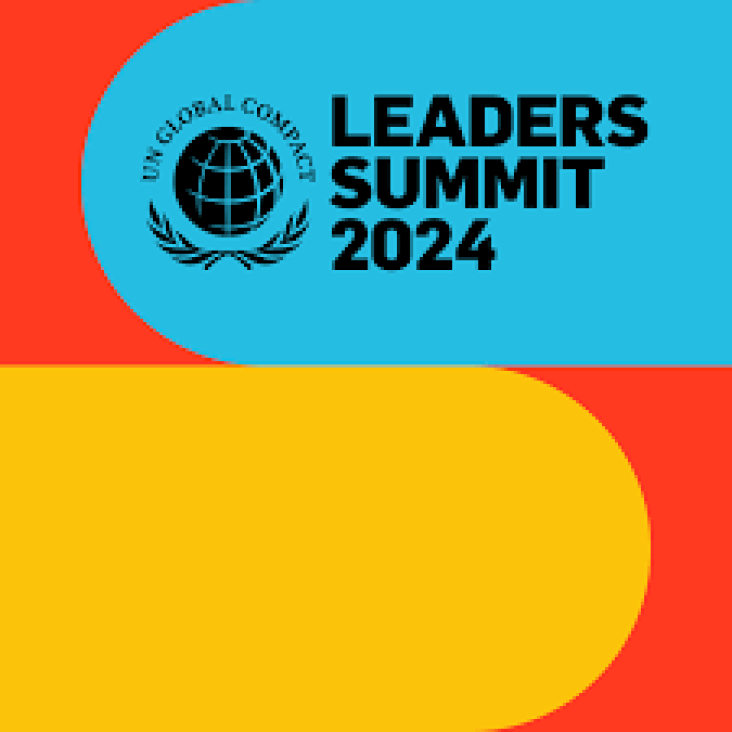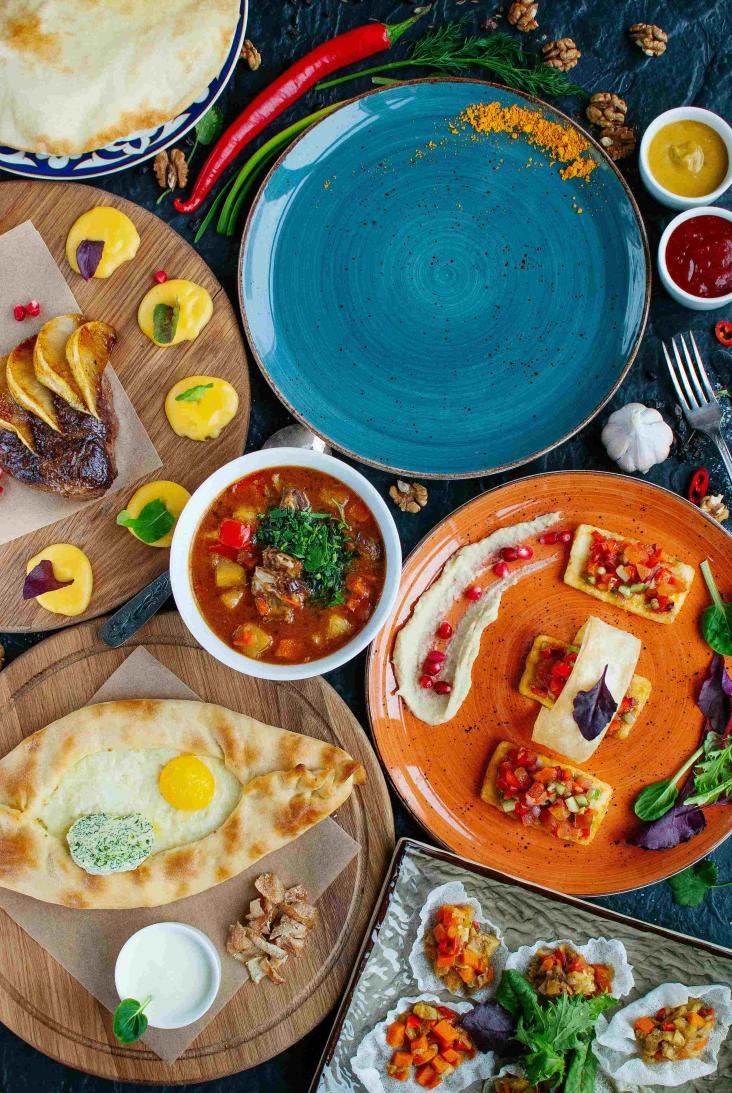
On Wednesday 25th September 2024, the five 2024 WE Empower awardees will take part in the WE Empower SDG Challenge Pitch Night. Hosted by fashion designer, author and philanthropist, Diane Von Fur
This content aligns with Goals 2, 11, and 15 by examining the role of traditional agriculture in periurban areas and its contribution to local food security; providing insights for sustainable urban development; and supporting sustainable land management.

The Leaders Summit is the UN Global Compact’s dynamic day-long conference dedicated to providing the tools, network, knowledge, and inspiration needed to scale the impact of private sector contribu

More than 1100 people came together virtually on 18 June 2024 for the tenth edition of the RELX SDG Inspiration Day: "In the Age of AI: Information to Advance the UN Sustainable Development Goals (SDGs)." The annual online event brings together thought leaders, corporate representatives, students, investors, governments, and NGOs to explore pressing issues, gain practical insight, and inspire action on the United Nations Sustainable Development Goals (SDGs).

Recognising our customers' exceptional work to achieve the UN Sustainable Development Goals.
This article concludes that mainstream nutrition approaches inadequately capture the full meaning of nourishment for Indigenous peoples, as they neglect critical spiritual, emotional, and relational aspects. By centering Indigenous worldviews and lived experiences, the Indigenous Nourishment Model offers a more comprehensive and culturally appropriate framework. This model not only challenges deficit-based narratives and epistemic injustices but also provides practical guidance for developing, implementing, and evaluating nutrition initiatives that honor and leverage the strengths of Indigenous foodways and knowledge systems. Ultimately, such holistic approaches can foster greater health equity and well-being for AI/AN/NH communities and beyond.


